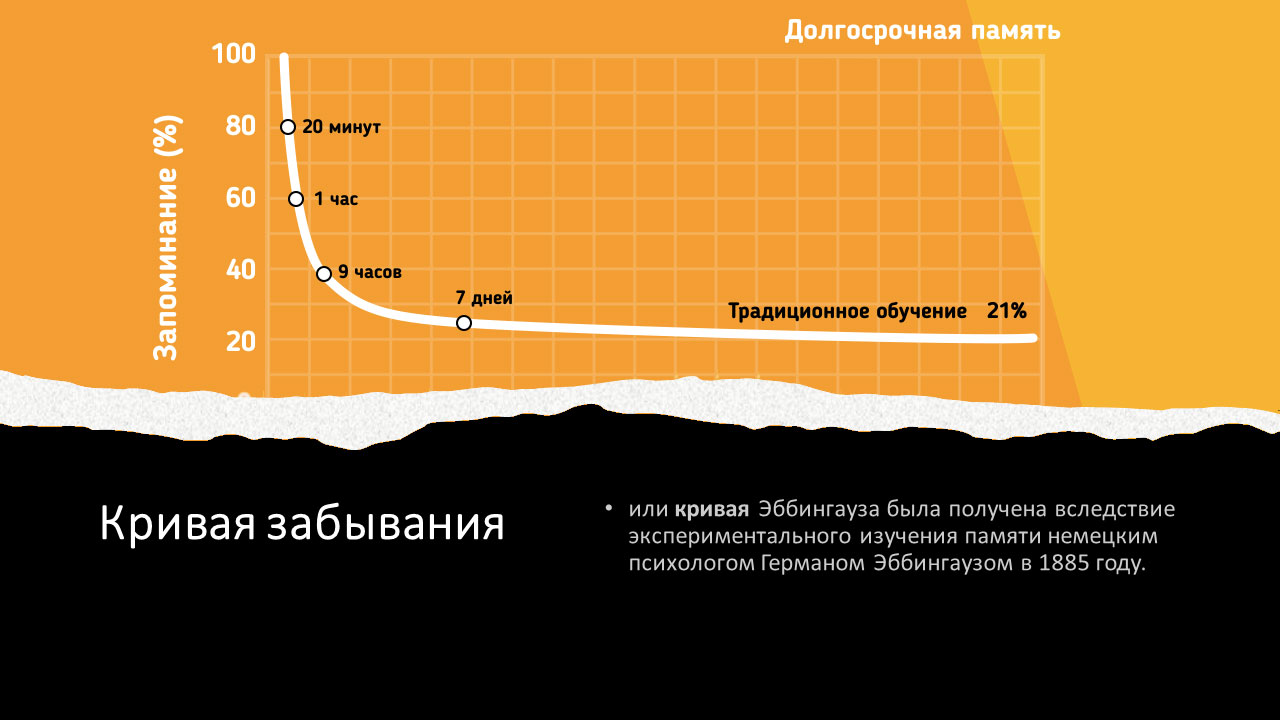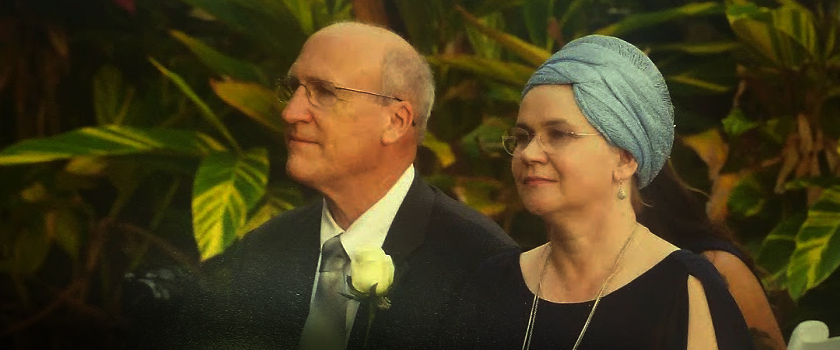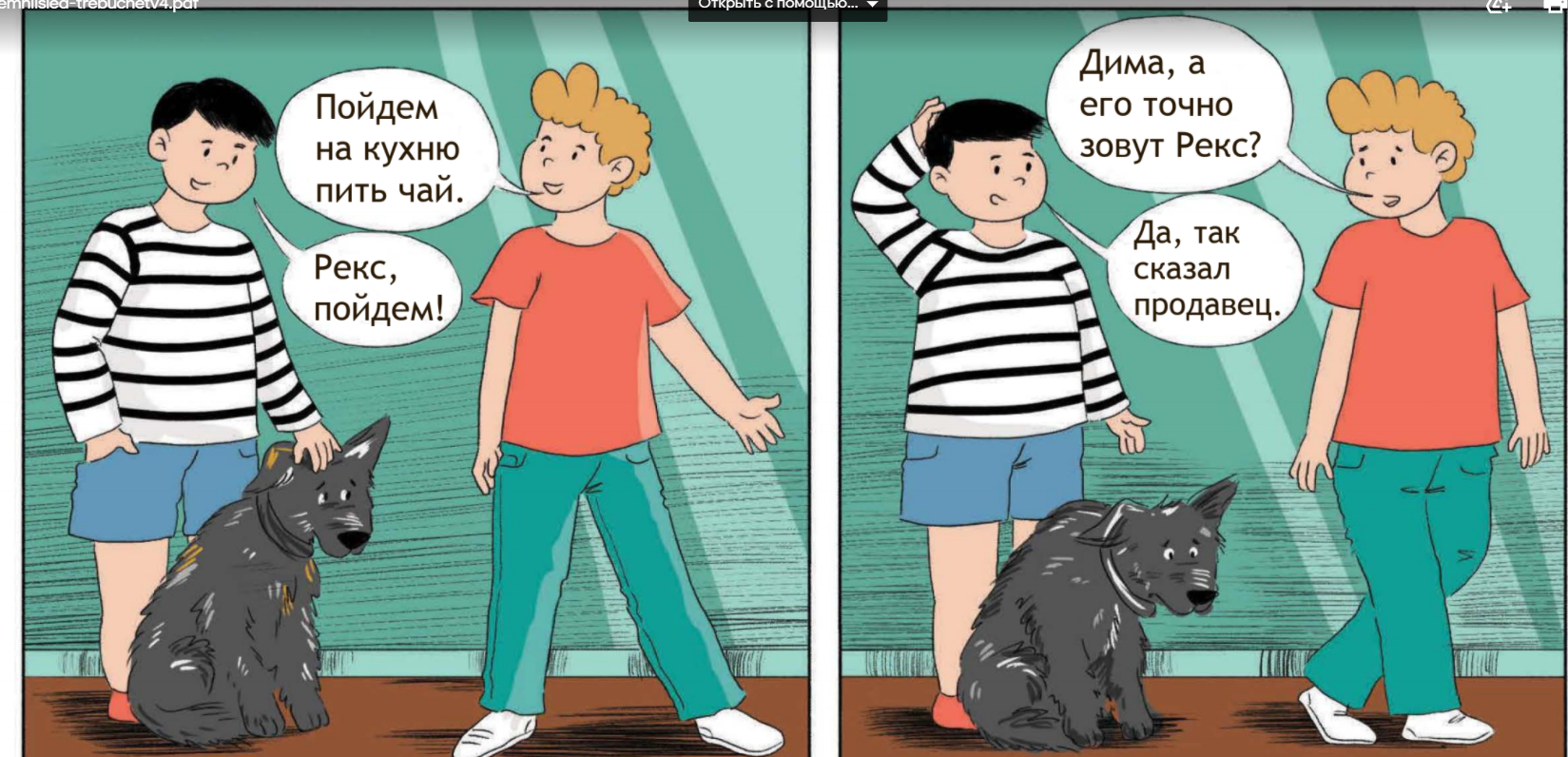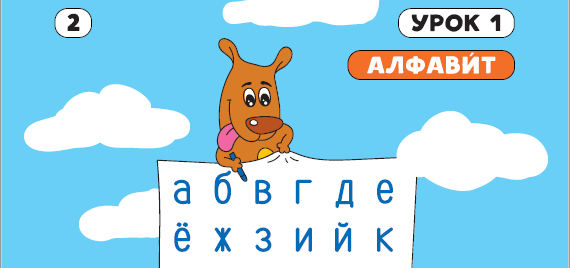In my teaching career, there were situations when students knew grammar well and did grammar exercises correctly, but still ignored all learned grammar rules in their speech. And it didn’t matter what language they had been learning – Russian or English. Teachers often encounter this problem, so let’s figure out what we can do to cope with it.
I suggest taking three steps.
Category: Methods of Teaching Russian
Cartoons
I’m often asked which cartoon I can recommend to kids that learn Russian.
The answer is: The one that corresponds to their language level. It means that if your students follow the curriculum of the Soroka course, which is for beginners, then the cartoon should be of the same level. That way, it will make sense!
To give you a better understanding of why level-matching is important, I suggest that you conduct an experiment.
Continue reading “Cartoons”Ebbinghaus Forgetting Curve
Is taking one hour a week of Russian language enough or not?
To answer this question, I invite you to learn how our memory works. Let’s view the forgetting curve. It is the result of experiments conducted by the German scientist Hermann Ebbinghaus in 1885. Here we see the following:

Mistakes are Growth Points
All students make mistakes in class — take it easy, this is part of life.
When there are no mistakes, it means that the student knows everything and no longer needs a teacher.
Personally, I love when my students make the mistakes. I listen to them carefully and analyze them. We need mistakes. Mistakes help us understand where to go next. We see what material has been well-learned and what material still needs to be worked on.
Continue reading “Mistakes are Growth Points”Grandmas – YouTube Channel
Grandmothers Can Get Involved
A modern grandmother is not a little old lady in a headscarf. A modern grandmother seeks recipes on the Internet, watches films on YouTube, drives a personal car to do the shopping, and sends messages to her grandsons while dying her hair at a hairdressers’ or getting a pedicure. A 21st-century grandmother can also wear a headscarf, anytime she wants — as a turban on her head, for instance.

Everybody Needs Comics
Everyone loves interesting stories, especially kids.
When we first start learning Russian, we also want to read something interesting. But our level of language is not yet good enough to read interesting books. Stories in pictures come to the rescue — comics.

Russian Alphabet at Our First Lessons
Last time we looked at the first lesson of the Soroka Course and I told you how to perform our first lesson, how we repeat words, how we read them and how we do the exercises in the first few pages of the Student’s Book and the Activity Book. As soon as we finish these exercises, we will move on.

How to Read at the First Class?
Many parents have concerns about their children reading at the first class. They open the Student’s Book, see the words written there and are shocked: “My child cannot read this!”
That is true, your students cannot read in Russian yet, but it is not necessary. All the future exercises are geared toward them beginning to learn the Russian letters and the reading rules of the Russian language. Therefore, it is important to use common sense and what we have just learned during the lesson.

Why Do We Need Dictations?
Dictations are an excellent practice for our students. Dictations require a lot of skills: You need to hear, recognize, write — look how many skills are worked on simultaneously!
I usually carry out dictations at the end of the class, before the final game. By this time my students have already reviewed the words necessary for the dictation.
There are different types of dictations. There are simple dictations. A teacher dictates and a student writes. You can dictate words and sentences. When you start the Soroka Course, you dictate words only.
Continue reading “Why Do We Need Dictations?”
